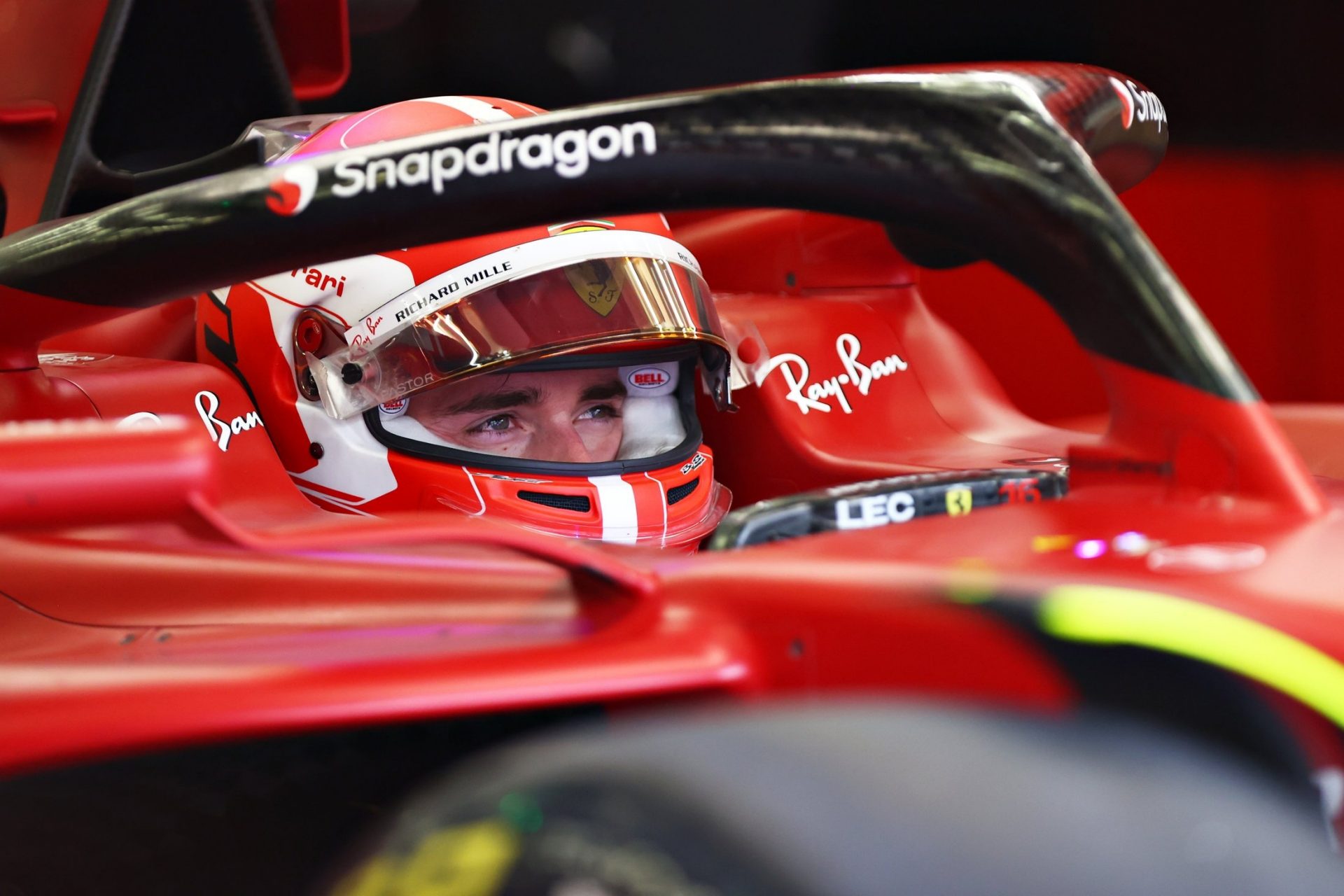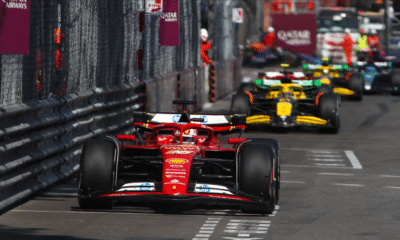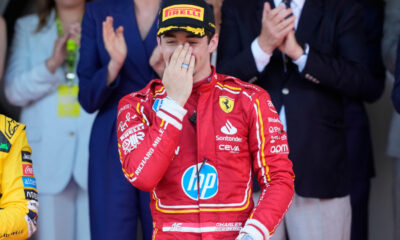- Formula One takes its action-packed entertainment on the road to fans all around the world every year.
- To guarantee the safety of drivers, teams, and fans there are several circumstances that allow F1 authorities to cancel race.
- What happens after a Grand Prix weekend is canceled?
Every year, Formula One takes its action-packed entertainment on the road to fans all around the world.
To guarantee the safety of drivers, teams, and fans, however, there are several circumstances that allow F1 authorities to pause, delay, or even cancel races for a variety of reasons.
Previous sporting events have been postponed due to a variety of reasons, including major accidents, extreme weather, political unrest, and pandemic breakouts.
What happens after a Grand Prix weekend is canceled?
IS IT POSSIBLE TO SUSPEND AN F1 RACE?

F1 wet race conditions. |PHOTO: MotorBiscuits|
F1 races may occasionally be postponed due to unrelated incidents. The Russian Grand Prix was postponed in 2022 as a result of the nation’s invasion of neighboring Ukraine. That also resulted in the contract being terminated for all upcoming races in the nation for the foreseeable future.
Even though it’s extremely uncommon for an event to be postponed due to weather, heavy rain may seriously hinder F1 races.
The 2023 Emilia Romagna Grand Prix has been canceled as a result of the region’s severe floods.
Officials try every possible solution when an issue emerges, but occasionally Formula One races are postponed when the sport’s front-line athletes’ safety cannot be ensured.
The COVID-19 epidemic, which prompted F1 and all other sports to cancel multiple events, was the most recent instance of this.
The 2020 championship was initially scheduled to begin in March, but owing to the pandemic, it was delayed until July and the planned 22 events were reduced to just 17.
The epidemic started before the Chinese Grand Prix, which has yet to take place.
WHAT HAPPENS AFTER A RACE IS SUSPENDED?

Lewis Hamilton great Britain wet weather masterclass.|PHOTO: Motorsport|
When an F1 race is postponed, it is often removed from the schedule for that season, which means there will be one fewer event in the championship.
The most recent instance of this was the cancellation of the 2022 Russian Grand Prix due to the inability to find a suitable substitute track in time.
Another noteworthy instance occurred when the 2011 Bahrain Grand Prix was postponed because of political upheaval in the nation. The race was delayed by anti-government rioting, which resulted in a number of civilian deaths and injuries, but it was ultimately canceled and not rescheduled that season.
WHAT HAPPENS IF THERE IS HEAVY RAINFALL?
Several F1 races have seen significant rain in previous seasons, severely disrupting events.
The Monaco Grand Prix in 2022 had to be postponed owing to heavy rain that fell just before the event was scheduled to begin. The Belgian Grand Prix in 2021 didn’t have the same conclusion as that race, which finally started an hour later than expected and was finished.
The drivers started the race behind the safety car and completed two circuits of the track before being compelled to enter the pit lane because of the severely inclement weather in the area of the Spa-Francorchamps circuit.
The Grand Prix was called off with the top ten drivers earning half points after the drivers completed two laps behind the safety car once more following many hours of delays that the FIA deemed to be “racing laps.”
Other times, races could be postponed and then cut short to at least have some racing done, which is understandably the FIA and its officials’ preference.
WILL THE RACE BE RESCHEDULED?

Leclerc in his Ferrari car.|PHOTO: F1|
According to reports, moving a race around on the F1 schedule is a difficult task. F1 races need painstaking preparation, collaboration with several parties, and careful assessment of other calendar events.
It would be difficult to locate a suitable time window for the rescheduled Imola Grand Prix due to a busy schedule and a lack of availability.
Although there have been negotiations about a potential rescheduling between F1 authorities and those from the Imola circuit, sources overwhelmingly indicate that this will not happen. Although the decision is sad for fans who were looking forward to the race at Autodromo Internazionale Enzo e Dino Ferrari, it was probably made due to the difficulties of changing an already busy calendar.
The postponement of this legendary race will have an impact on both teams and drivers because every race is an opportunity for teams and drivers to learn important information about their vehicles and acquire an edge over their competitors.

















You must be logged in to post a comment Login